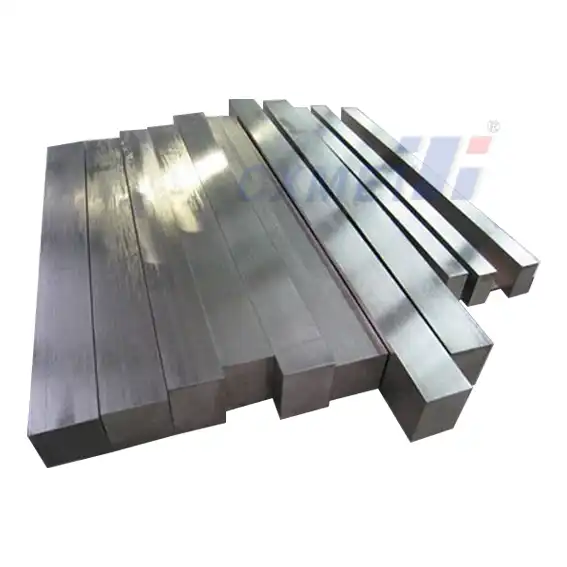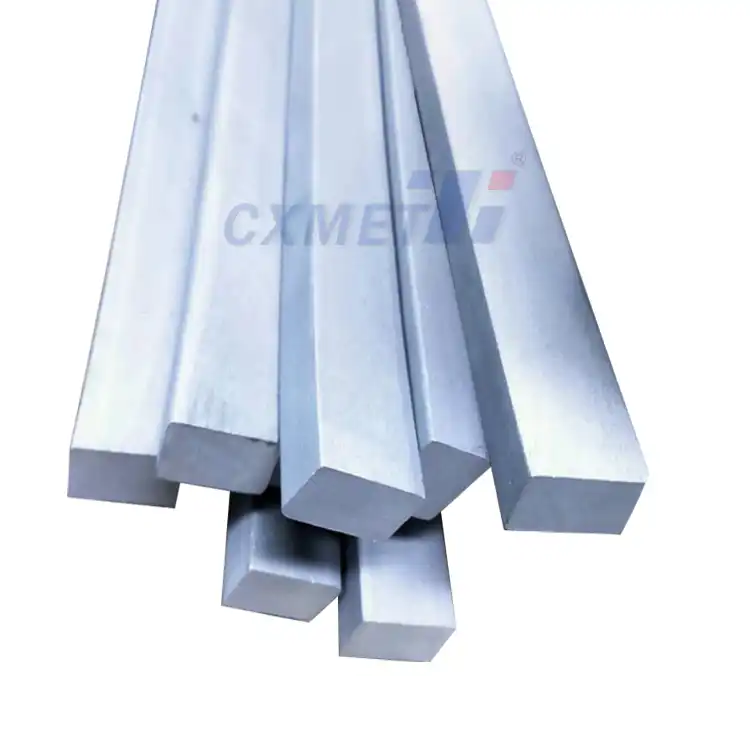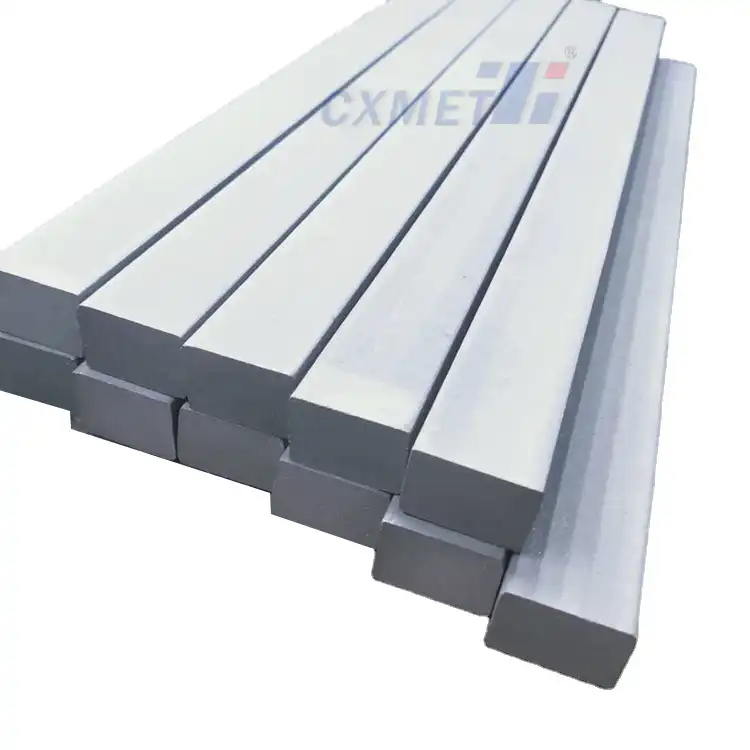- English
- French
- German
- Portuguese
- Spanish
- Russian
- Japanese
- Korean
- Arabic
- Greek
- German
- Turkish
- Italian
- Danish
- Romanian
- Indonesian
- Czech
- Afrikaans
- Swedish
- Polish
- Basque
- Catalan
- Esperanto
- Hindi
- Lao
- Albanian
- Amharic
- Armenian
- Azerbaijani
- Belarusian
- Bengali
- Bosnian
- Bulgarian
- Cebuano
- Chichewa
- Corsican
- Croatian
- Dutch
- Estonian
- Filipino
- Finnish
- Frisian
- Galician
- Georgian
- Gujarati
- Haitian
- Hausa
- Hawaiian
- Hebrew
- Hmong
- Hungarian
- Icelandic
- Igbo
- Javanese
- Kannada
- Kazakh
- Khmer
- Kurdish
- Kyrgyz
- Latin
- Latvian
- Lithuanian
- Luxembou..
- Macedonian
- Malagasy
- Malay
- Malayalam
- Maltese
- Maori
- Marathi
- Mongolian
- Burmese
- Nepali
- Norwegian
- Pashto
- Persian
- Punjabi
- Serbian
- Sesotho
- Sinhala
- Slovak
- Slovenian
- Somali
- Samoan
- Scots Gaelic
- Shona
- Sindhi
- Sundanese
- Swahili
- Tajik
- Tamil
- Telugu
- Thai
- Ukrainian
- Urdu
- Uzbek
- Vietnamese
- Welsh
- Xhosa
- Yiddish
- Yoruba
- Zulu
What is a Titanium Rectangular Bar?
2025-02-11 10:13:47
A Titanium Rectangular Bar is a solid, elongated piece of titanium metal with a rectangular cross-section. These bars are widely used in various industries due to their exceptional strength-to-weight ratio, corrosion resistance, and biocompatibility. Titanium rectangular bars are typically manufactured through processes such as extrusion, forging, or rolling, and they come in different grades and sizes to suit various applications. From aerospace and automotive to medical and marine industries, titanium rectangular bars play a crucial role in providing structural support, durability, and performance in numerous products and systems.

How are titanium rectangular bars manufactured?
The manufacturing process of Titanium Rectangular Bar involves several sophisticated steps to ensure the final product meets the required specifications and quality standards. The process typically begins with raw titanium in the form of sponge or ingots, which are then melted and refined to remove impurities and achieve the desired alloy composition.
One of the primary methods used to produce titanium rectangular bars is extrusion. In this process, heated titanium billets are forced through a die with a rectangular opening, shaping the metal into the desired cross-section. The extrusion process allows for the creation of long, continuous bars with consistent dimensions and properties throughout their length.
Another common manufacturing technique is forging, where titanium is heated to a high temperature and then shaped using specialized presses or hammers. Forging can produce bars with excellent mechanical properties and can be used to create custom shapes or sizes that may be difficult to achieve through extrusion alone.
Rolling is also employed in the production of titanium rectangular bars, particularly for larger sizes or when specific surface finishes are required. In this process, heated titanium is passed through a series of rollers that gradually shape it into the desired rectangular profile.
After the initial shaping process, titanium rectangular bars often undergo additional treatments to enhance their properties or meet specific requirements. These may include heat treatment to optimize strength and ductility, surface finishing to improve appearance or reduce friction, and precision machining to achieve tight tolerances.
Quality control is a critical aspect of manufacturing titanium rectangular bars. Throughout the production process, various tests and inspections are conducted to ensure the material meets the required chemical composition, mechanical properties, and dimensional accuracy. These may include spectrographic analysis, tensile testing, hardness testing, and non-destructive testing methods such as ultrasonic inspection.
The manufacturing of titanium rectangular bars requires specialized equipment and expertise due to titanium's high melting point and reactivity. As a result, only a limited number of facilities worldwide have the capability to produce high-quality titanium bars, making them a valuable and often premium product in the metals industry.
What are the common applications of titanium rectangular bars?
Titanium Rectangular Bar find applications across a wide range of industries due to their unique combination of properties. In the aerospace sector, these bars are used in the construction of aircraft frames, engine components, and landing gear systems. Their high strength-to-weight ratio allows for the creation of lightweight yet durable structures that contribute to fuel efficiency and overall performance of aircraft.
In the automotive industry, titanium rectangular bars are utilized in the production of high-performance vehicle parts such as connecting rods, valves, and suspension components. The material's strength and resistance to fatigue make it ideal for applications where reliability under extreme conditions is crucial.
The medical field also benefits greatly from titanium rectangular bars. They serve as the raw material for manufacturing surgical instruments, dental implants, and orthopedic devices such as bone plates and screws. Titanium's biocompatibility and ability to osseointegrate (bond with bone) make it an excellent choice for these applications, reducing the risk of rejection and promoting faster healing.
In the marine industry, titanium rectangular bars are used to fabricate components that require excellent corrosion resistance in saltwater environments. This includes propeller shafts, heat exchangers, and various structural elements in ships and offshore platforms.
The chemical processing industry employs titanium rectangular bars in the construction of reactors, heat exchangers, and piping systems that handle corrosive materials. The metal's resistance to a wide range of chemicals makes it invaluable in these demanding environments.
Sports equipment manufacturers also utilize titanium rectangular bars to create high-performance products such as golf club heads, bicycle frames, and tennis racket frames. The material's combination of strength and lightweight properties allows for the design of equipment that enhances athletic performance.
In the field of architecture and construction, titanium rectangular bars are sometimes used in high-end projects for both structural and aesthetic purposes. Their corrosion resistance and unique appearance make them attractive for use in facades, support structures, and decorative elements.
The energy sector, particularly in the development of renewable energy technologies, has found applications for titanium rectangular bars in the construction of geothermal wells, offshore wind turbines, and solar panel support structures. The material's durability and resistance to harsh environments contribute to the longevity and reliability of these installations.

How do titanium rectangular bars compare to other materials?
When comparing Titanium Rectangular Bar to other materials, several factors come into play, including strength, weight, corrosion resistance, and cost. One of the most significant advantages of titanium is its exceptional strength-to-weight ratio. Titanium is approximately 45% lighter than steel with comparable strength, making it an ideal choice for applications where weight reduction is critical, such as in aerospace and automotive industries.
In terms of corrosion resistance, titanium outperforms many other metals, including stainless steel. Titanium forms a stable, protective oxide layer on its surface when exposed to air or water, providing excellent resistance to corrosion in various environments, including saltwater and many chemical solutions. This property makes titanium rectangular bars particularly valuable in marine applications and chemical processing industries.
When compared to aluminum, another lightweight metal commonly used in similar applications, titanium offers superior strength and temperature resistance. While aluminum is less expensive and easier to machine, titanium's higher strength and better performance at elevated temperatures make it the preferred choice for many high-performance applications.
In terms of biocompatibility, titanium is one of the best materials available, surpassing most other metals used in medical implants. Its ability to integrate with human bone and tissue without causing adverse reactions makes it invaluable in the medical field, where alternatives like stainless steel or cobalt-chromium alloys may pose higher risks of complications.
The thermal expansion coefficient of titanium is lower than that of many other metals, including aluminum and steel. This property makes titanium rectangular bars more dimensionally stable across a wide range of temperatures, which can be crucial in precision engineering applications.
However, titanium does have some drawbacks when compared to other materials. The most significant is its higher cost, which can be several times that of steel or aluminum. This is due to the complex extraction and processing required to produce titanium, as well as its relative scarcity compared to more common metals.
Titanium is also more challenging to machine than many other metals, requiring specialized tools and techniques. This can increase manufacturing costs and limit the complexity of parts that can be produced efficiently.
In terms of electrical and thermal conductivity, titanium performs poorly compared to metals like copper or aluminum. This limits its use in applications where high conductivity is required, such as in electrical wiring or heat exchangers.
Despite these limitations, the unique combination of properties offered by Titanium Rectangular Bar often justifies their use in critical applications where performance, durability, and weight savings are paramount. As manufacturing technologies continue to advance and new titanium alloys are developed, the material's competitiveness against other options is likely to improve further.
At SHAANXI CXMET TECHNOLOGY CO., LTD, we take pride in our extensive product range, which caters to diverse customer needs. Our company is equipped with outstanding production and processing capabilities, ensuring the high quality and precision of our products. We are committed to innovation and continuously strive to develop new products, keeping us at the forefront of our industry. With leading technological development capabilities, we are able to adapt and evolve in a rapidly changing market. Furthermore, we offer customized solutions to meet the specific requirements of our clients. If you are interested in our products or wish to learn more about the intricate details of our offerings, please do not hesitate to contact us at sales@cxmet.com. Our team is always ready to assist you.

References
- ASM International. (2015). Titanium: A Technical Guide. Materials Park, OH: ASM International.
- Lutjering, G., & Williams, J. C. (2007). Titanium. Berlin: Springer-Verlag.
- Froes, F. H. (2015). Titanium: Physical Metallurgy, Processing, and Applications. Materials Park, OH: ASM International.
- Donachie, M. J. (2000). Titanium: A Technical Guide. Materials Park, OH: ASM International.
- Boyer, R., Welsch, G., & Collings, E. W. (1994). Materials Properties Handbook: Titanium Alloys. Materials Park, OH: ASM International.
- Peters, M., Kumpfert, J., Ward, C. H., & Leyens, C. (2003). Titanium Alloys for Aerospace Applications. Advanced Engineering Materials, 5(6), 419-427.
- Rack, H. J., & Qazi, J. I. (2006). Titanium alloys for biomedical applications. Materials Science and Engineering: C, 26(8), 1269-1277.
- Banerjee, D., & Williams, J. C. (2013). Perspectives on Titanium Science and Technology. Acta Materialia, 61(3), 844-879.
- Leyens, C., & Peters, M. (Eds.). (2003). Titanium and Titanium Alloys: Fundamentals and Applications. John Wiley & Sons.
- Qian, M., Froes, F. H., & Friedrich, H. E. (Eds.). (2018). Titanium Powder Metallurgy: Science, Technology and Applications. Butterworth-Heinemann.
YOU MAY LIKE